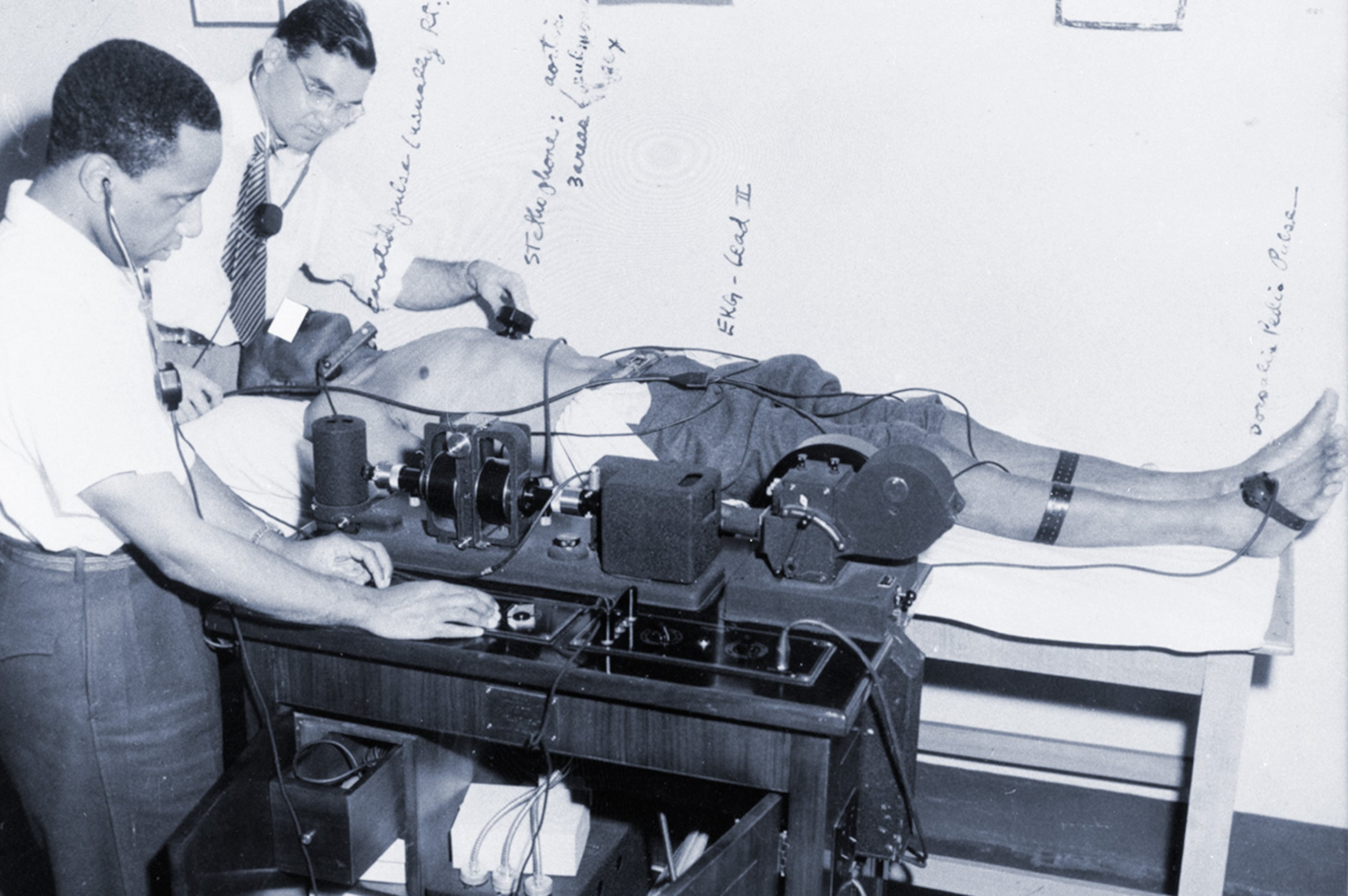Opinion: Ga.’s HB30 bill would be used to suppress criticism of Israel

We are Jewish Georgians and we do not want the Georgia legislature to codify the distorted definition of antisemitism put forth in HB30. This bill is not about combating antisemitism, instead it is a bill that will protect Israel from public criticism.
HB30 proposes to codify a controversial redefinition of antisemitism, the International Holocaust Remembrance Alliance (IHRA) non-legally binding “working” definition. It is called a redefinition because the traditional definition of antisemitism is hate speech or hateful acts against Jews because they are Jewish. However the redefinition used in HB30 includes 11 examples of antisemitism, and seven of the 11 examples focus on criticisms of Israel. This redefinition has little to do with the Jewish people and everything to do with restricting First Amendment rights.
We are not worried about the use of the law to actually criminalize speech against Israel. We are certain that it will be found unconstitutional should it ever be used in that way. (Which also makes the bill problematic.) What we are worried about is the charge of antisemitism that will be levied against folks who speak out against the human rights abuses of Israel, especially students and professors on college campuses who work for justice in Palestine.
If the IHRA definition were to be put into the Georgia code, then state agencies, universities, employers, and others will be able to point to the definition and call people antisemitic if they are criticizing Israel. The sponsors of this bill claim that it will only be considered when addressing unlawful or discriminatory conduct. This may be what the words of the bill say, but the actual impact of the law will be to give supporters of Israel an “official” definition of antisemitism as defined by Georgia law to use against criticisms of Israel
Already the IHRA and other antisemitism definitions have been weaponized across the country to shut down discourse around Israel and the occupation of Palestine and to punish those who speak out.
Marc Lamont Hill was fired from CNN after he spoke at the UN on International Day of Solidarity with Palestine. He spoke of “a free Palestine from the river to the sea.” The phrase “from the river to the sea” means all of the land currently controlled by Israel which is where Palestinians live. Supporters of Israel jumped on that phrase, called Hill antisemitic, and claimed he was advocating for the destruction of Israel.
The ice cream makers Ben and Jerry (both Jewish) were called antisemitic because the company they founded chose to stop selling ice cream in the occupied Palestinian territories due to the Israeli settlements there.
Amnesty International and Human Rights Watch, two well respected international human rights organizations, were called antisemitic for the reports they published that were critical of the behavior of the state of Israel.
In February, the American Bar Association (ABA) rejected the inclusion of the IHRA definition in its own resolution opposing antisemitism. The ACLU and 40 civil rights organizations raised significant First Amendment concerns about incorporating the IHRA definition, noting, “any embrace of the IHRA definition by the ABA would undermine fundamental rights of free speech, freedom of assembly and protest, and academic freedom.”
Despite what the proponents of HB30 say, there is no consensus among Jewish organizations and Jewish people in the U.S. about codifying the IHRA definition. Among those who oppose this is Kenneth Stern, the main drafter of the IHRA definition. Stern testified in Congress and elsewhere that this definition was never meant to be codified into law. He has warned that the definition is being weaponized by right-wing Jewish groups to silence legitimate speech on Israel and Zionism. Stern shared his opposition to the codification of IHRA with the Times of Israel saying, “Do I think it’s going to chill speech? Yeah, and I think that’s the purpose.”
U.S. Jewish organizations that oppose codifying IHRA include the Reform Movement (America’s largest Jewish religious denomination), Reconstructing Judaism Movement, J Street, Jewish Voice for Peace, Bend the Arc, Americans for Peace Now, American Jewish Congress, Ameinu, Central Conference of American Rabbis, T’ruah: A Rabbinic Call for Human Rights, Jewish Council on Urban Affairs and The New Israel Fund, among many others.
The sponsors of HB30 have refused to put the actual words and examples of the IHRA definition into the bill, despite being asked publicly and privately to make these changes. We can only conclude that they do not want the people of Georgia (or even fellow legislators) to see how the IHRA definition explicitly protects Israel in ways that are new and unprecedented in Georgia law. Our legislature should not pass a law that protects any foreign country from criticism whether it is Israel or any other country. If the examples were clearly written into HB30 then people will be able to see how this bill infringes on free speech.
And that is what the bill is all about. It is not about fighting antisemitism; it is about silencing criticism of Israel and canceling the people who support Palestine.
We call on fellow Jews and our allies to speak out about this bill and continue to urge legislators to vote “no” on HB30.


